Uncle Luke Gets Real About Bringing His Miami Ways To ATL’s Freaknik
- Oops!Something went wrong.Please try again later.

Luther “Uncle Luke” Campbell loves to say he put the “Freak” in Freaknik.
Unc says it in the new Hulu doc Freaknik: The Greatest Party Never Told, and he repeats it while discussing the flick with VIBE one day ahead of its release. He’s also sure to emphasize, as are the film’s producers Jay Allen and Nikki Byles, that the iconic party’s origins were humble in nature before Campbell got a hold of it and added his signature style of debauchery to what was then considered to be the most prosperous and politically powerful city for middle-upper class Black people in America.
“I heard about this party that was going on called Freaknik in Atlanta. It really wasn’t what I thought it was,” Luke, 63, recalled of his early experiences at the HBCU kickback, initially founded during Spring Break in the 1980s by DC Metro students attending schools within the Atlanta University Center (AUC).
“I’m going up in there and I’m going to be a part of Freaknik because I’m the guy,” he went on to humble-brag. “The big guy who’s doing the freaky parties, concerts, everything about me at the time was freaky. So, I just thought it was a place to be, and I ended up going there and it wasn’t that.”
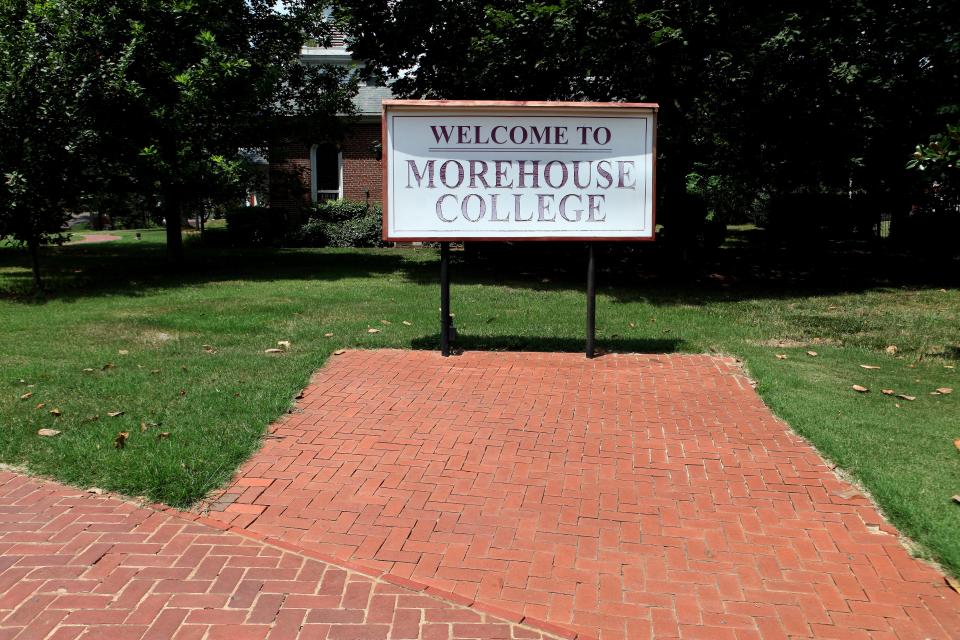
It damn sure wasn’t, as the first years of Freaknik resembled something closer to an actual picnic than the out-of-control, sex-fueled, city-wide party that eventually took over gas stations, hotel lobbies, each city block, and every stretch of highway in The A.
Things took a quick turn with the arrival of Luke and the 2 Live Crew— when the Miami boys crossed state lines into Georgia and brought the antics of their Magic City with them.
“Miami is the party capital of the world. We don’t go to sleep,” Luke says with a sense of pride about the city that raised him. “We go all night long to the next day. We ain’t never had an issue with nudity. It’s always been that way since Elvis was going down there for spring break.
“Atlanta had one club, 112. That was the only club that stayed open until late, and they eventually closed that down when Freaknik got big. So, we just really brought the party there, our way of partying, and then it became something.”
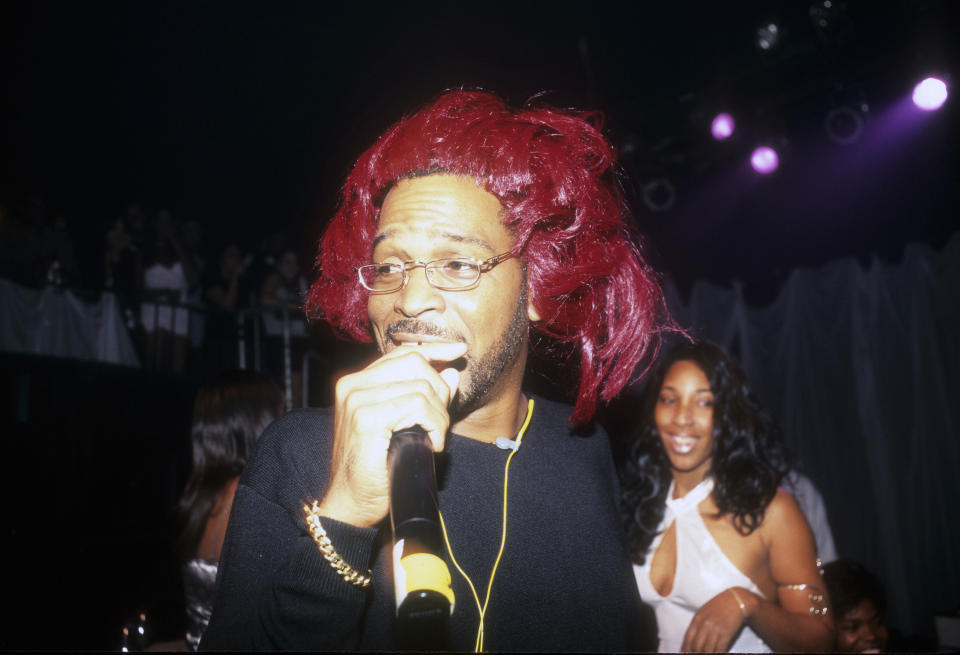
It became something, alright. For many, it was a welcome release from a trying academic year, a time for students to let their hair down (metaphorically, as the styles were sky-high fly back then) while turning up to ’90s jams, dancing in the street, chopping it up at barbeques, flexing at celebrity-laden rim shops, and generally having a Black-ass good time.
Yeah, it was all big fun, until it wasn’t.
The dark cloud that continues to hang over the festival is filled with incidents of sexual assault and violence, ruining the legacy of what was for many also a chance for non-students — some in their 30s and 40s at the time — to pop up from around the country, their heads filled with fantasies of living out the Luke videos they’d watched back in Minneapolis (or Oakland, or Memphis, or Jersey, or…) before making the pilgrimage to Black Hollywood.
I ask Luke straight up if he believes his “anything goes” style of partying and the highly explicit nature of his music contributed to the reckless mindset of the out-of-towners and block boys who had a part in killing the movement. Campbell – who’s defended free speech via his own art many times — insists that it was a lack of programming in later years, as well as municipal sabotage of the event, that eventually led to disaster and abhorrent behavior.
“It’s just like anything when there’s no programming, when the city made it their business to shut it down, they created a chaotic situation,” he insists, recalling when officially sanctioned events were discontinued, leaving the masses to find their own fun.
“You’d have concerts in the park where people could go, and then they’ll go to an after party in a club. You had that, but then you take the programming away, you leave the liquor stores open, you create gridlock on the highway, people are parked on the highway, and now you got a chaotic situation that you could put on TV to publicize something that you want to close down. And in my opinion, that’s what ended up happening.”
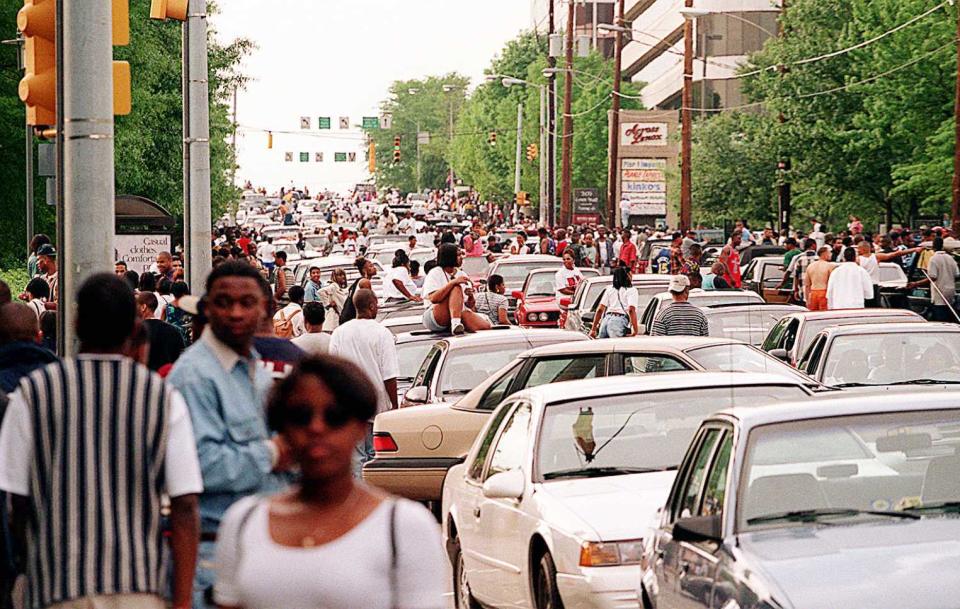
It can be challenging to speak of assault, even from a distance, without running the risk of minimizing it. To lay out all the possibilities of how horrendous acts were inevitable in the face of civic disdain without also acknowledging the trauma and pain of its victims sounds defensive at best, callous or dismissive at worse. Producer Jay Allen insists that digging into the harassment so many women faced was always a non-negotiable, telling VIBE, “We knew that you have to tell the full story. We absolutely talked to several people who had experienced incidents and the downside, and our goal was to not just tell about booty shaking on Peachtree, or to just talk about the joyous times. We wanted to tell every aspect of it.”
Producer Nikki Byles agrees, telling VIBE they refused to cut disturbing footage or sugar coat what it meant. “The only thing that got cut were a few stories for time, but none of the footage, none of the raunchy footage. Of course, some you just cannot show,” she confirmed, as Hulu don’t play that. Still, there was a concerted effort made to showcase the best and worst of an event that left many women that attended in fear for their safety and refusing to ever return.
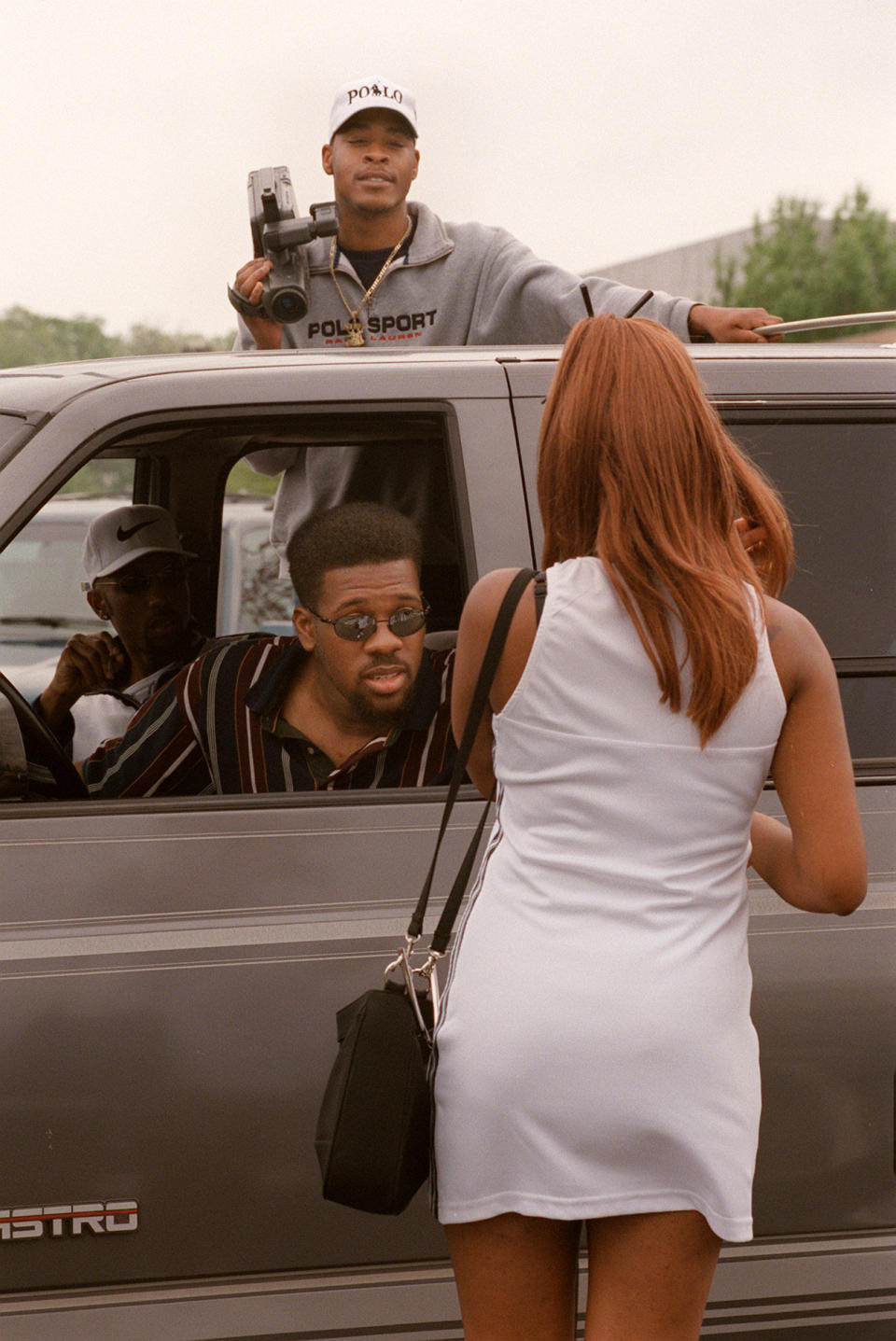
In addition to the lack of infrastructure in Freaknik’s latter years, Uncle Luke also noted that all manner of mostly white events ranging from Burning Man to spring break in Daytona Beach have dealt with similar elements and were never demonized and dragged through the mud for it.
“If you go to Burning Man right now, there’s going to be some situation where some guy or guys or girls or whatever may do something that they shouldn’t. Violate somebody in a way that they shouldn’t be violating somebody. You have it at Woodstock. You have it at White College Spring Break. So, you have these things where you get a large gathering of people. I don’t know of any large gathering of people where there’s not something that is done that’s suggestive.”
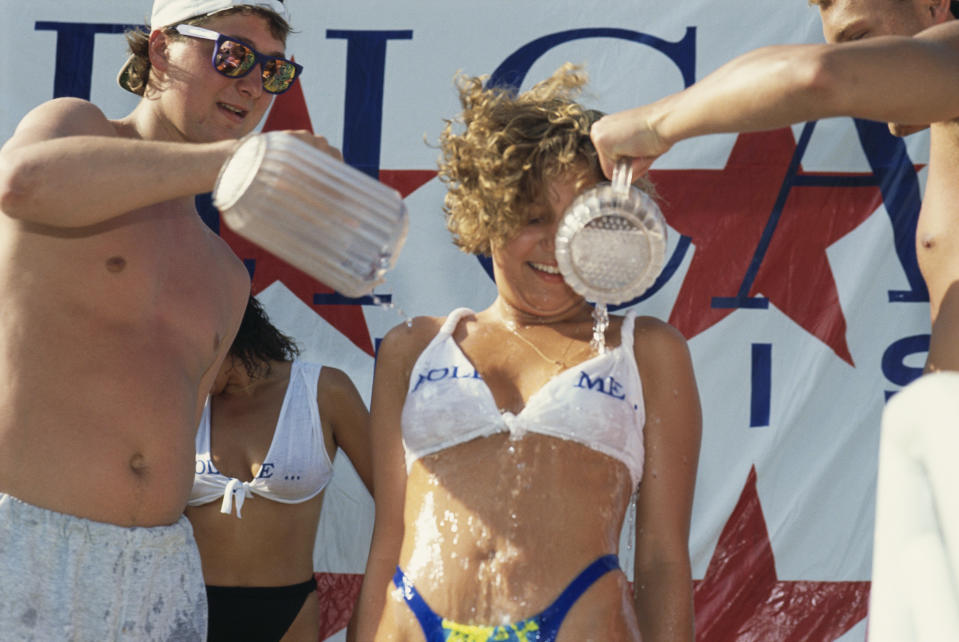
Due to the controversial nature of Freaknik’s conclusion, many would assume a rebirth of the massive party simply wouldn’t fly in today’s world. Hell, even the more wholesome aspects of the party would get the side-eye in a time of increased sensitivity and cell phone usage. Uncle Luke understands this, but he continues to hold out hope that a new and improved version of Freaknik could possibly be resurrected – if, of course, done the right way.
“I would love to see it come back in some form of Rolling Loud or something,” he shared. “I would love to see it come back and tell a story, almost like a moving museum. Have young African-Americans from HBCUs get involved and tell their stories, do concerts, take a large portion of those proceeds.”
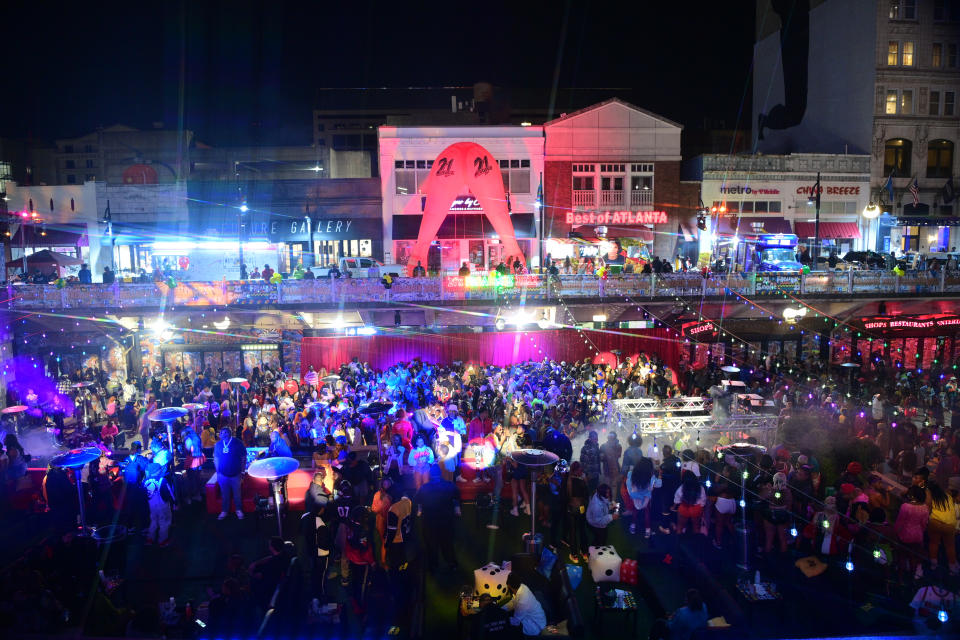
Campbell’s also sure to mention that education should be a part of any revival, addressing the despicable behavior of those who killed the original movement.
“Have discussions and have dialogue, talking about all the sensitive issues that came about with Freaknik,” he suggested. “I’m a firm believer in taking something that some people would deem negative and turning it into a positive. I think there is a possibility of that, but that’s just me.”
More from VIBE.com
Uncle Luke Believes Diddy Is Being Targeted Due To Diageo Lawsuit
Uncle Luke Adds His Take On Diddy's Infamous Parties, Explains Why He'd Always "Leave Early"
Best of VIBE.com

